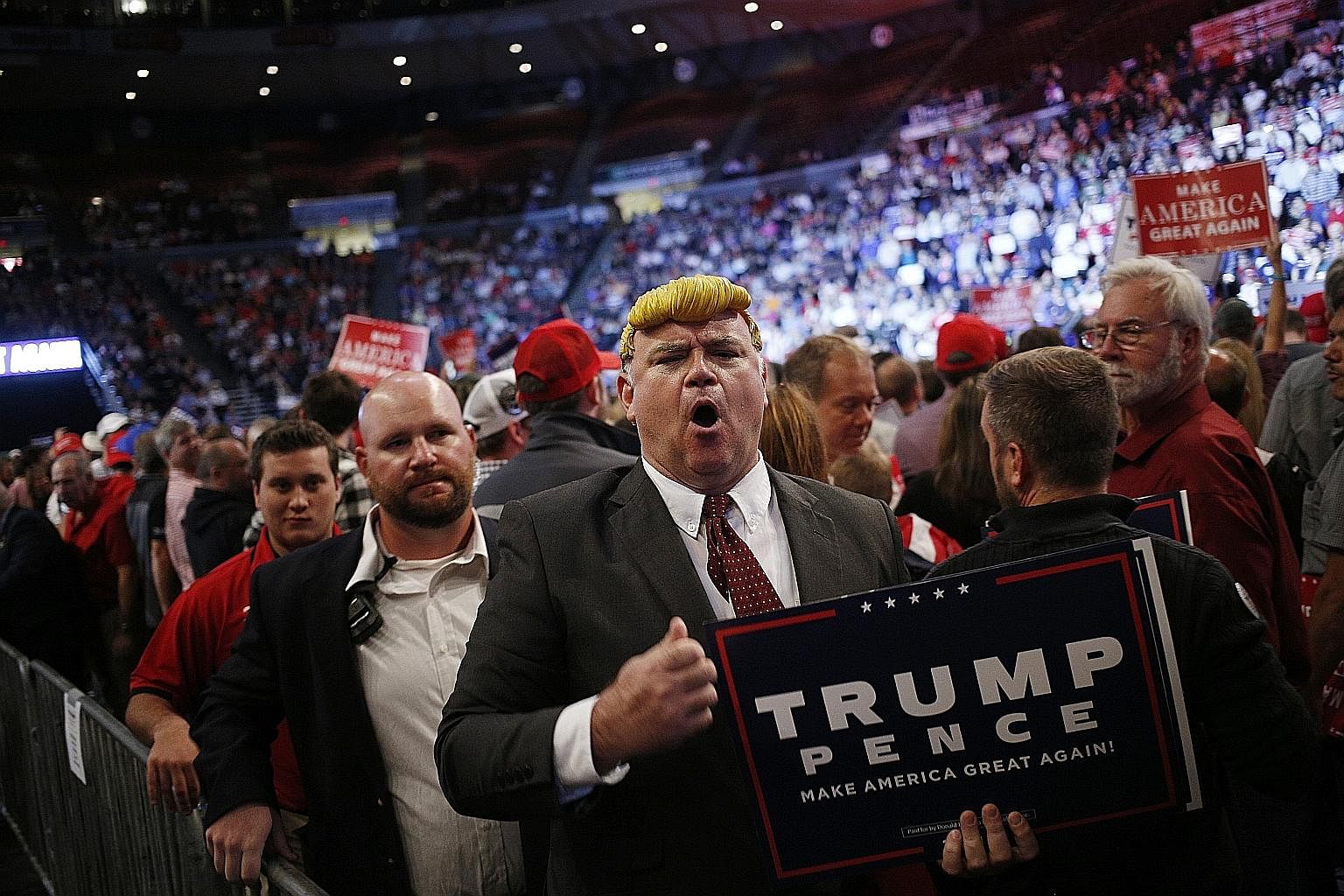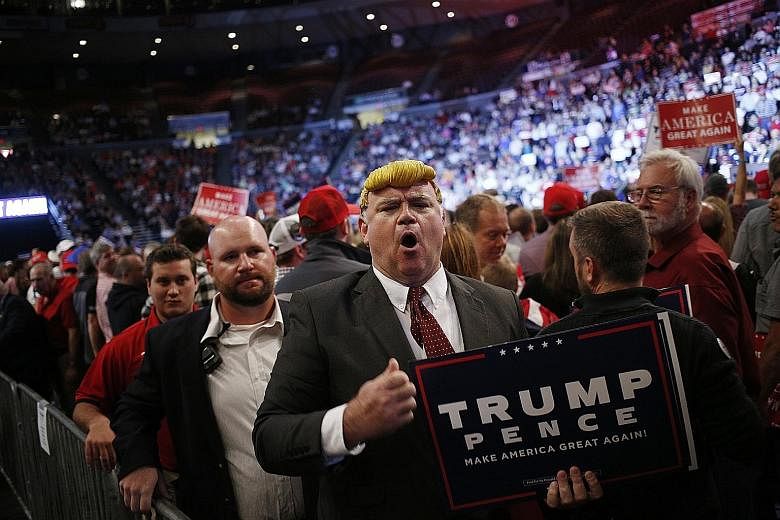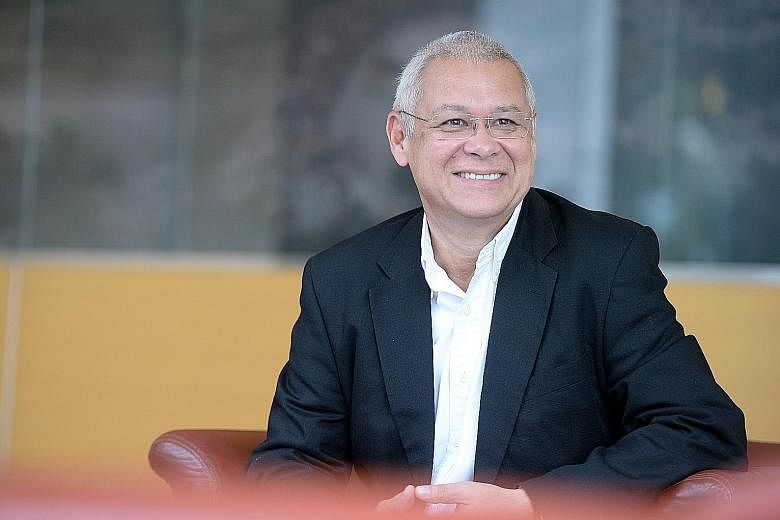It seems that no sooner have we negotiated one tricky stock-market obstacle than another comes hurtling around the corner at lightning speed. It wasn't that long ago when dealers and traders were chewing their nails down to the quick over a possible interest-rate hike by the US Federal Reserve. But again, the powers that be that set interest rates in the US chose to err on the side of something other than common sense.
They decided, albeit not unanimously, to delay the day of reckoning. It could even be another year before anything significant happens.
The decision to delay a rate hike drove stock markets higher, as traders breathed a collective sigh of relief. The question now is, when will rates actually go up? The Fed has done a tremendous job telling the markets that something will happen soon. But it has fallen short of telling us when that would be.
It seems that when a rate hike might materialise is determined less by economic fundamentals and more by how equity markets might react in the days ahead of a rate decision.
It appears that traders have learnt to play the Fed like a fiddle. If equity and bond markets should react badly before a Fed meeting, then the rate-setting committee is less likely to hike the cost of borrowing. It reminds me of badly behaved children at supermarkets who generally get the bar of chocolate they want if they create enough of an embarrassment for whoever is looking after them at the time. Children have learnt that kicking and screaming loudly can be very powerful when used strategically.
While the markets might have a hold over the Fed, it is unlikely that an "election tantrum"? will sway the US electorate, when they have to choose their new president next month.

The market has already made it clear that it does not want Republican candidate Donald Trump. Never was it more obvious than in the aftermath of the first televised debate between Mr Trump and Democratic candidate Hillary Clinton. As soon as Mrs Clinton won the war of words, global stock markets responded with a resounding round of applause. But American voters are unlikely to pay much attention to that.
As investors, we have a couple of choices. Risk-averse investors might want to position their portfolios more conservatively. That generally means packing the portfolio with more bonds and other fixed-income instruments. The value of these investments is unlikely to react too violently to the outcome of either the televised debate or the actual election result.
In other words, bonds, because they could provide a level of certainty that some investors crave, could help dampen portfolio volatility. With a bond, you are more likely to know, at the outset, the returns you could achieve from the investment. You should know the exact timing and amounts when your coupons will be paid, the date when you will get your money back and the yield on the entire investment at maturity. For some investors, that level of certainty is priceless.
But there is a price to pay for the certainty. The cost could be lower returns than if the money had been invested in shares. That is why stock market investors demand a premium for owning shares. If investors are prepared to assume the risk for owning shares, then they also insist that they are rewarded for doing so. Over the long term, shares tend to do better than bonds.
In the short to medium term though, stock-market volatility could be a serious deterrent for those who are either unable to or unwilling to tolerate sudden movements in the value of their portfolios.
However, the upcoming US presidential election could be an opportune time to buy good shares at bargain prices. If Mr Trump shows signs of gaining popular support, stock markets around the world could slump.
But Mr Peter Lynch, one of the most successful fund managers of our time, once said that after the great correction of October 1987, the end of the world and the end of the banking system were widely predicted. Of course, nothing of the kind ever happened. The world did not end, nor did the global banking system. It was, in fact, one of the best times to pick up the pieces that had been left behind by those who were quick to desert the stock market.
Time and again, the stock market is hit by one-off events that depress the price of good assets. As investors, we can follow the crowd or use the information we have about good companies well. But great information is useless without the willpower. The question is whether you have the willpower to act when the opportunity comes knocking at your door.
• This is a regular column on stocks and investing by Mr David Kuo, chief executive officer of The Motley Fool Singapore.


